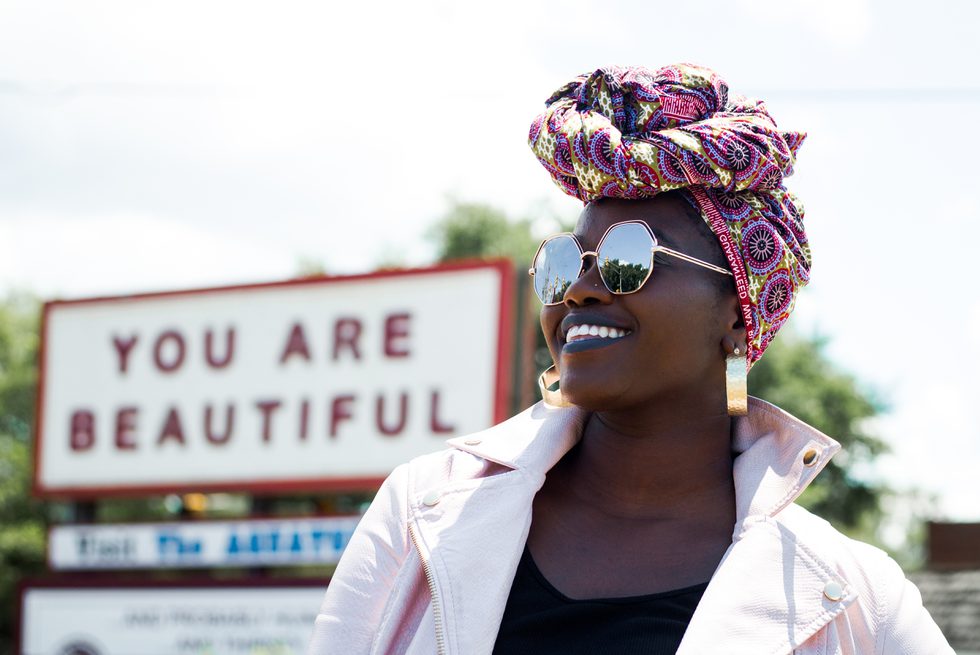
This installment of Pedagogical Soundings is a collaboration between the AnthroPod and Teaching Tools sections of the Cultural Anthropology website. It supplements the new AnthroBites episode on “Feminist Anthropology,” in which contributing editor Siobhan McGuirk interviews Christa Craven, Associate Professor in of Women, Gender, and Sexuality Studies and Anthropology at The College of Wooster. In the podcast, Craven provides a brief overview of feminist anthropology and encourages researchers to think of their work as both activist and scholarly. The following lesson plan invites students to practice thinking like activist-scholars by applying Craven’s suggestions to the Me Too movement. The lesson is broadly appropriate for classes in which undergraduate students synthesize feminist texts, analyze methodology, conduct small-scale ethnography, or publish in a public forum.
Preparing for Class
Students should have some knowledge of feminisms in the plural. In other words, they should have a basic knowledge of feminist approaches that might include first, second, and third-wave feminisms; standpoint theory; womanism; Marxist, socialist, anarchist, postcolonial, transnational, poststructuralist, or other feminisms.
Students will also need a basic familiarity with the Me Too movement. Instructors should gauge students’ level of familiarity and, as needed, provide background reading such as the “Silence Breakers” piece that appeared in Time.
Ask students to listen to the podcast before class, and consider pairing the episode with selections from one or more of the additional readings below. Depending on the length of the class period, instructors may skip the first two in-class activities and begin with “Principles of Feminist Anthropological Research.”
Learning Objectives
Students will practice thinking like activist-scholars by applying feminist principles to a familiar context. They will:
- Design a preliminary plan for feminist anthropological research
- Generate ideas about how that research could be shared according to feminist principles
In-Class Activities
Warm-Up
In the podcast, Craven suggests wealthy white women equate feminism with individual self-love when feminism should instead connote a collective engagement beyond one’s self. Ask students: What kinds of feminisms might take self-love as adequately feminist? On what grounds would they make this claim?
Podcast Review
Outline the three waves of feminist anthropology discussed in the episode.Ask students to supply this information from the podcast, previous lectures, and assigned readings; the instructor should only supplement student knowledge as needed.
- Early Twentieth Century: Margaret Mead and Zora Neale Hurston (First Wave)
- 1970s: Toward an Anthropology of Women and Women, Culture, and Society (Second Wave)
- 1980s/90s: Judith Stacey, Faye Harrison, and Chandra Mohanty (Third World Women’s Critique
Principles of Feminist Anthropological Research
Ask students to list Craven’s six suggestions for feminist scholars: three on research design and three on writing practices. Again, to the extent possible, students should independently and collectively generate this list.
Research Design
- Raise the volume of individual voices that might not otherwise be heard. Do so in a way that gets us thinking about social justice, equity, and communities beyond our own personal experiences.
- Allow your preexisting political commitments to converge with your academic work.
- Be self-critical about how you design your research projects.
Writing Practices
- Don’t simply cite the “canon.” Instead, ask who might be relatively less famous but doing work leading to the most interesting insights. (Note: Students may need some guidance on defining the canon and how it relates to the politics of citation.)
- Feature research participants whose voices may be less heard, and don’t be afraid to let them contradict each other.
- Reach a public audience through a wide range of writing forms: op-eds, policy briefs, creative writing, etc.
Case Study: Me Too
Briefly review the Me Too movement, its origins, and aims. Then divide students into pairs or small groups to discuss the following:
- How would you study Me Too as a feminist activist-scholar? Would you do interviews? If so, who would you interview? How would you reach them? What would you ask?
- At the conclusion of your study, how would you write about it? What story would you want to tell and how would you arrange your data to tell that story?
- What kinds of feminisms are represented in your research design and writing plan?
Evaluation
Ask groups to share their preliminary research designs with the whole class and invite discussion as time permits. Note the extent to which students have met the learning objectives.